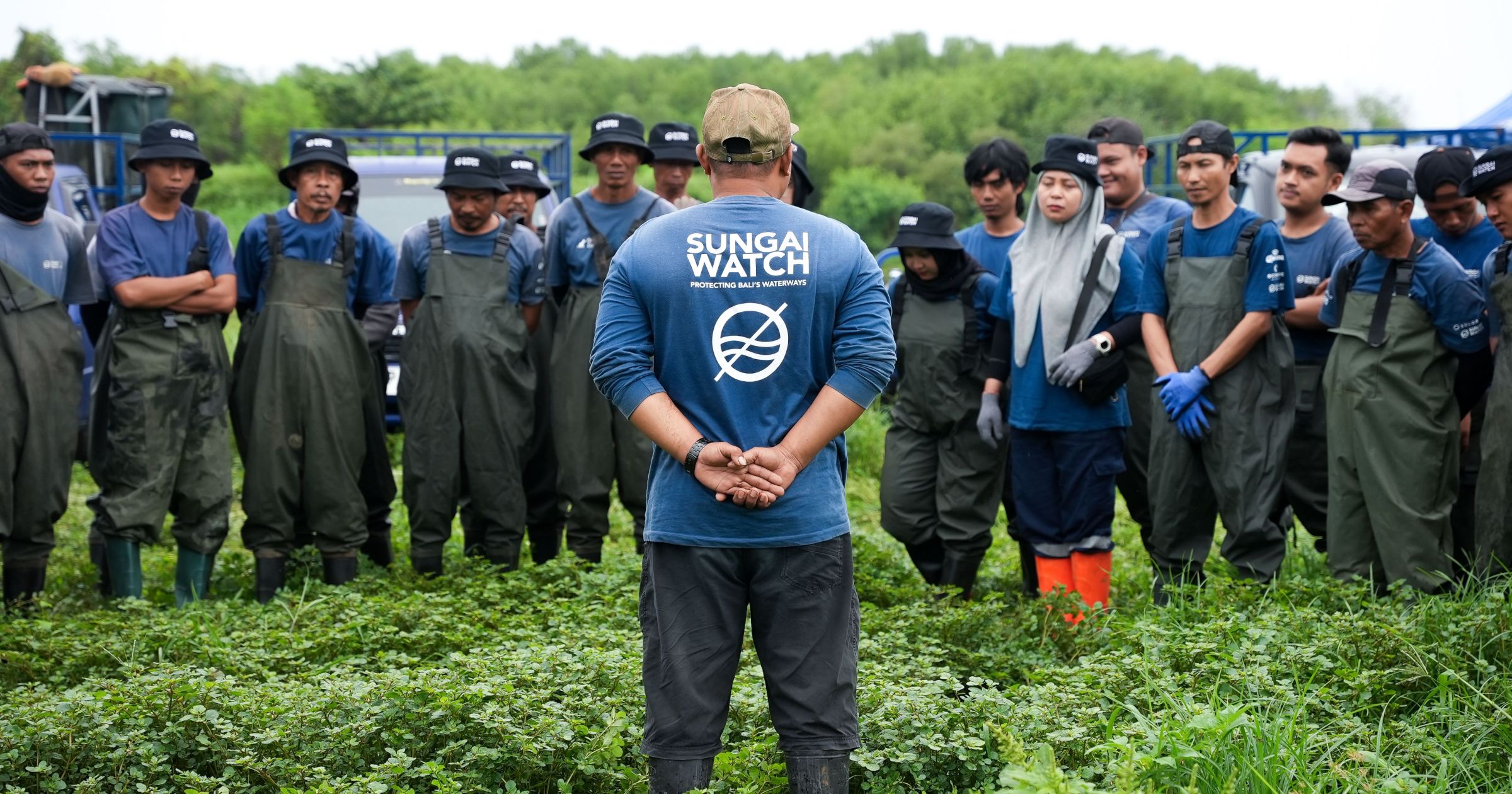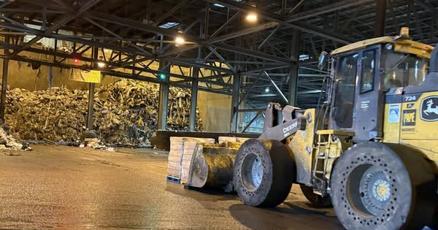Nitrate Watchdogs: Iowa Residents Become Water Quality Guardians
Environment
2025-04-14 11:02:14Content

Calling all citizen scientists and environmental enthusiasts! Iowa offers an exciting opportunity for volunteers to make a real difference in water quality monitoring. Join a grassroots initiative that tracks nitrate and nitrite levels, helping to protect the state's precious water resources. No specialized background is required – just a passion for environmental stewardship and a desire to contribute to meaningful scientific research.
This all-volunteer program empowers everyday Iowans to become water quality guardians, collecting crucial data that helps researchers and environmental experts understand the impact of agricultural runoff and other potential contaminants. By participating, you'll not only gain valuable insights into local water systems but also play a direct role in safeguarding the state's environmental health.
Whether you're a student, farmer, or concerned citizen, this volunteer effort welcomes individuals from all walks of life. Your participation can help create a comprehensive picture of water quality across Iowa, supporting critical environmental protection efforts and promoting sustainable practices for future generations.
Citizen Science Revolutionizes Water Quality Monitoring in Iowa's Heartland
In the vast agricultural landscape of Iowa, where rivers and streams weave through endless cornfields, a grassroots movement is transforming environmental monitoring. Everyday citizens are stepping up to become guardians of water quality, challenging traditional approaches to environmental protection through collaborative, community-driven research.Empowering Communities to Protect Their Water Resources
The Nitrate Challenge: Understanding Water Contamination
Iowa's agricultural ecosystem faces significant environmental challenges, particularly regarding water contamination. Nitrate and nitrite levels in waterways have long been a critical concern for environmental scientists and local communities. These chemical compounds, primarily originating from agricultural fertilizers and runoff, pose substantial risks to both ecological systems and human health. The complex interaction between agricultural practices and water quality demands innovative monitoring strategies. Traditional scientific approaches often fall short in providing comprehensive, real-time data across extensive geographical regions. This limitation creates a critical gap in understanding the true extent of water contamination.Citizen Science: A Transformative Approach to Environmental Monitoring
The all-volunteer water monitoring initiative represents a groundbreaking model of community engagement and scientific research. By empowering local residents with scientific tools and training, the program creates a distributed network of environmental observers who can collect detailed, localized data. Participants receive specialized training in water sampling techniques, chemical analysis, and data recording. This democratization of scientific research allows individuals from diverse backgrounds to contribute meaningful insights into regional environmental health. The program's inclusive approach breaks down traditional barriers between professional researchers and community members.Technology and Community Collaboration
Advanced technological tools play a crucial role in this citizen-driven monitoring effort. Participants utilize sophisticated water testing kits, digital recording platforms, and real-time data sharing mechanisms. Smartphone applications and cloud-based platforms enable immediate data transmission, creating a dynamic, responsive monitoring system. The technological infrastructure supports comprehensive data collection, allowing researchers to track nitrate and nitrite levels with unprecedented granularity. Each volunteer becomes a critical node in a larger environmental monitoring network, providing insights that would be impossible through traditional research methods.Environmental and Community Impact
Beyond scientific data collection, the initiative generates profound community awareness about water quality issues. Participants develop a deeper understanding of local ecological systems, agricultural practices, and environmental challenges. This knowledge fosters a sense of collective responsibility and environmental stewardship. The program's impact extends beyond immediate water quality monitoring. By engaging citizens directly in scientific research, it cultivates a culture of environmental consciousness and proactive community involvement. Participants become ambassadors for environmental protection, spreading awareness and inspiring further civic engagement.Future Implications and Scalability
The Iowa water monitoring model presents a replicable framework for community-driven environmental research. Its success demonstrates the potential for citizen science to address complex environmental challenges. As climate change and agricultural practices continue to evolve, such collaborative approaches become increasingly vital. Researchers and policymakers are closely studying this initiative, recognizing its potential to transform environmental monitoring strategies nationwide. The program offers a compelling template for integrating community knowledge, technological innovation, and scientific rigor in addressing environmental challenges.RELATED NEWS
Environment

Earth in Crisis: Environmentalists Demand Urgent Action Before Point of No Return
2025-04-22 23:06:00
Environment

Green Tourism Boost: Airbnb Pours Millions into Indonesia's River Restoration Project
2025-02-27 08:57:13
Environment

Unraveling Autism's Environmental Puzzle: What Scientists Are Discovering
2025-04-18 15:45:47





